Morrison to increase veteran benefits
- Details
 SPRINGFIELD – State Senator Julie Morrison is leading a measure to allow more veterans to qualify for the Disabled Veterans’ Homestead Exemption.
SPRINGFIELD – State Senator Julie Morrison is leading a measure to allow more veterans to qualify for the Disabled Veterans’ Homestead Exemption.
“People who served in the U.S military should feel appreciated for their service,” said Morrison (D-Lake Forest). “Honoring our disabled veterans by lowering their property taxes is one important way of thanking them and their families for their sacrifice.”
Currently the Veterans’ Homestead Exemption allows qualifying veterans to receive a property tax reduction if their home’s value does not exceed a certain amount. However, if the home’s value increases to above the cap, they no longer qualify for any exemption.
Cervantes bill retitling weapons charges passes Senate
- Details
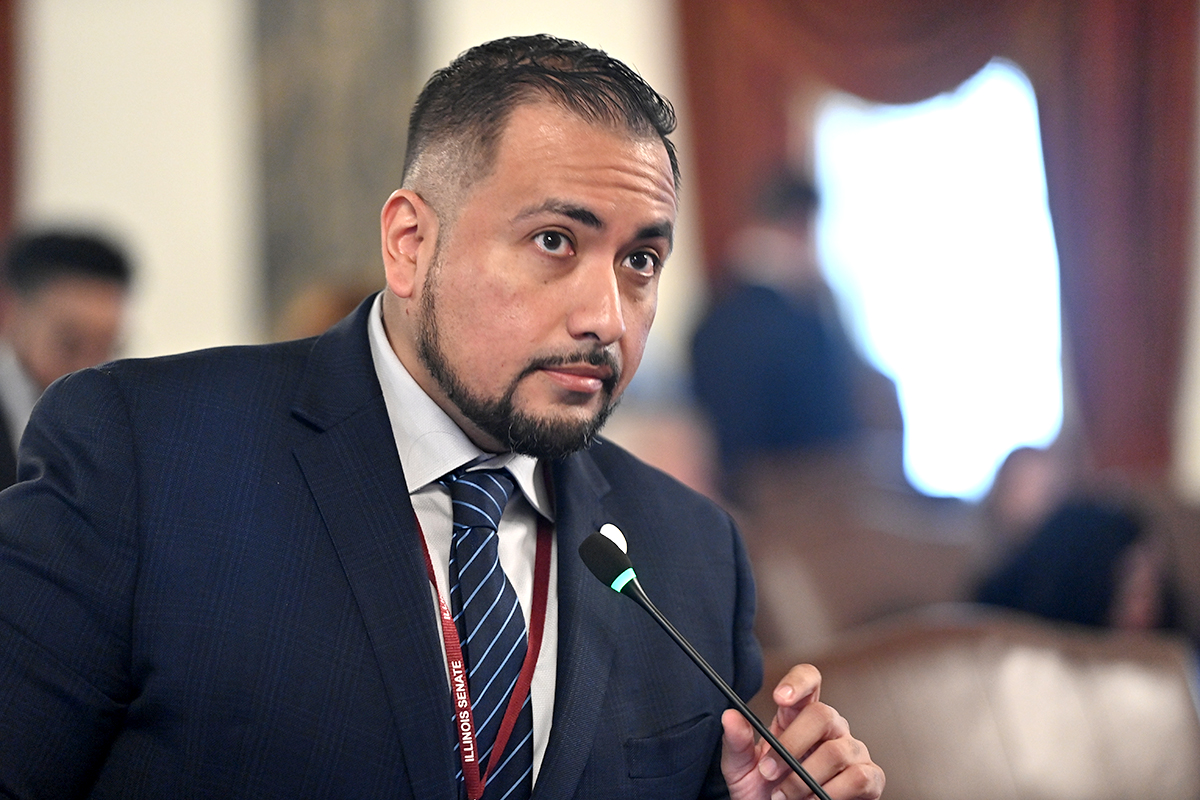
SPRINGFIELD – To clarify and provide more transparency on criminal possession charges, State Senator Javier Cervantes is moving legislation to retitle these charges to more accurately reflect the nature of the crimes.
“With this change, we can provide more clarity around criminal charges, and in turn, more support for those charged – particularly minorities who are disproportionately arrested for these crimes,” said Cervantes (D-Chicago). “The unlawful use of a weapon might seem like it indicates violent activities, while in reality these charges could be as simple as possessing a firearm at the time of arrest. By clarifying the name of these charges, we can help impacted individuals find better access to supportive services.”
According to Cabrini Green Legal Aid, more than 86,500 people have been arrested and more than 33,000 were convicted of unlawful use of a weapon in Illinois since 2009. This disproportionately impacts people and communities of color, with Black individuals comprising 69% of all people arrested for UUW, and negatively affects people’s ability to secure housing and employment.
Read more: Cervantes bill retitling weapons charges passes Senate
House passes Ventura initiative to expand clean energy infrastructure loans to counties
- Details
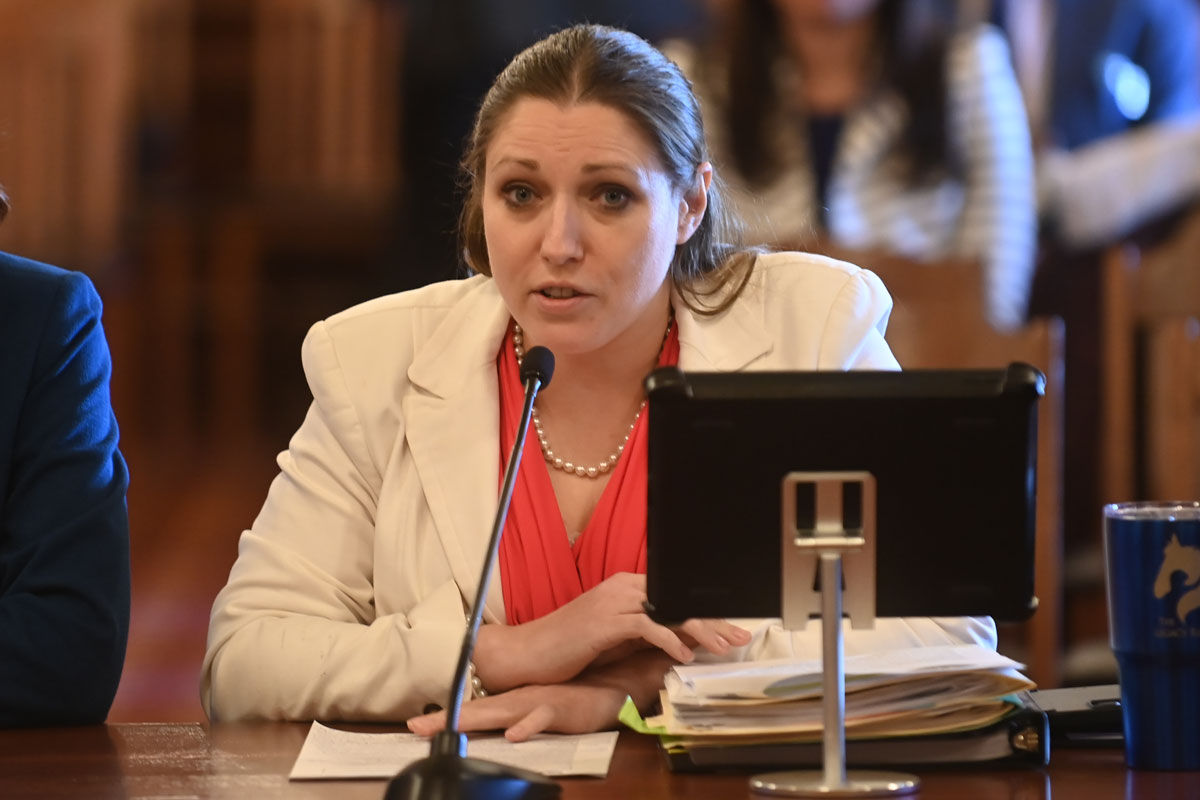 SPRINGFIELD – State Senator Rachel Ventura advanced an initiative through the House that would allow local government to apply for loans through the Illinois Finance Authority Climate Bank in an effort to expand clean energy infrastructure across Illinois.
SPRINGFIELD – State Senator Rachel Ventura advanced an initiative through the House that would allow local government to apply for loans through the Illinois Finance Authority Climate Bank in an effort to expand clean energy infrastructure across Illinois.
“By offering low-rate loans to local government, the state will not only save taxpayers money in the long run, but also address and tackle the effects of climate change head on,” said Ventura (D-Joliet). “We need every level of government to do their part and make drastic improvements to mitigate the effects of climate change.”
Senate Bill 3597 would allow units of local government to apply and obtain a loan from the Illinois Finance Authority Climate Bank to build, purchase, remodel or improve clean energy infrastructure.
Read more: House passes Ventura initiative to expand clean energy infrastructure loans to counties
Delays reduced in childcare employment process under Loughran Cappel measure
- Details
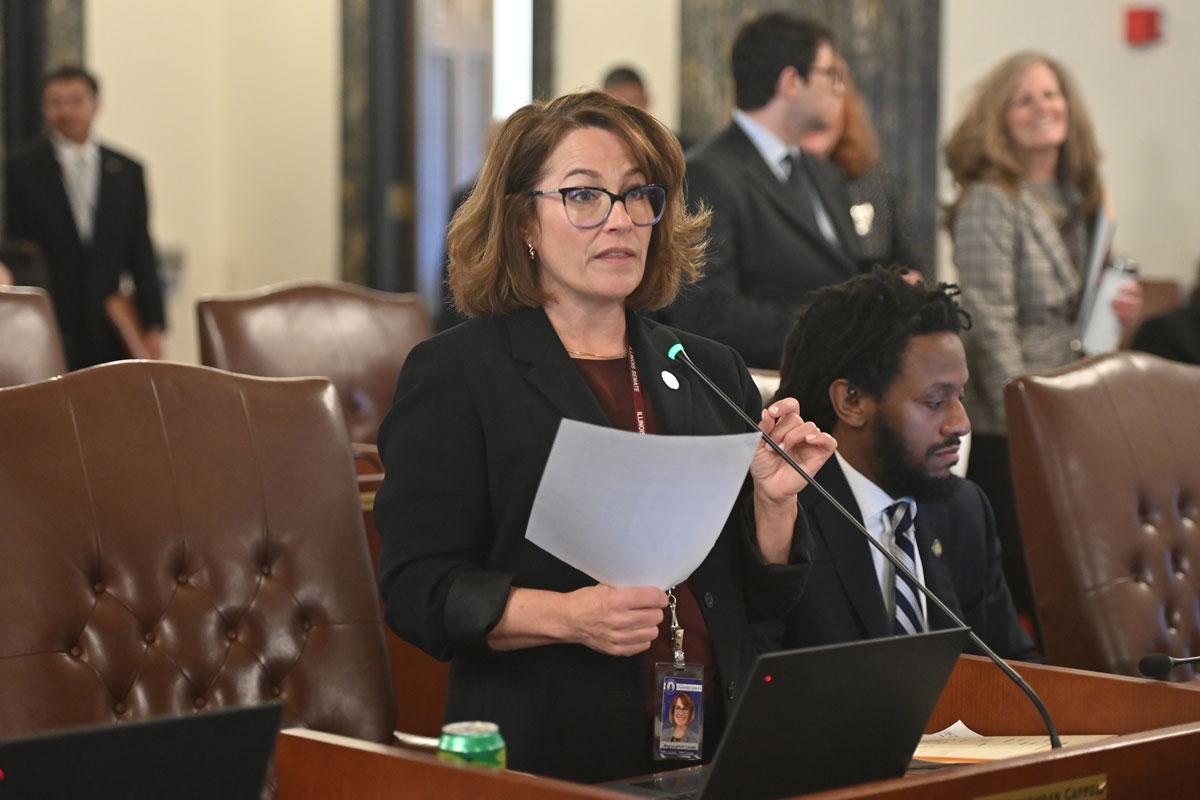 SPRINGFIELD – State Senator Meg Loughran Cappel championed a measure that will address background check delays at childcare facilities across Illinois.
SPRINGFIELD – State Senator Meg Loughran Cappel championed a measure that will address background check delays at childcare facilities across Illinois.
“Illinois has been committed to setting kids up to be lifelong learners, giving youth a quality education at an early age,” said Loughran Cappel (D-Shorewood). “We can’t do that when background checks are taking so long. We are losing qualified early education teachers.”
House Bill 4412 would allow a childcare facility, non-licensed service provider, day care center, or home-based day cares to use a third-party vendor licensed by the Illinois Department of Financial and Professional Regulation for the required fingerprinting that is part of the application process for facility licensure and as a condition of employment.
Read more: Delays reduced in childcare employment process under Loughran Cappel measure
More Articles …
Page 165 of 735


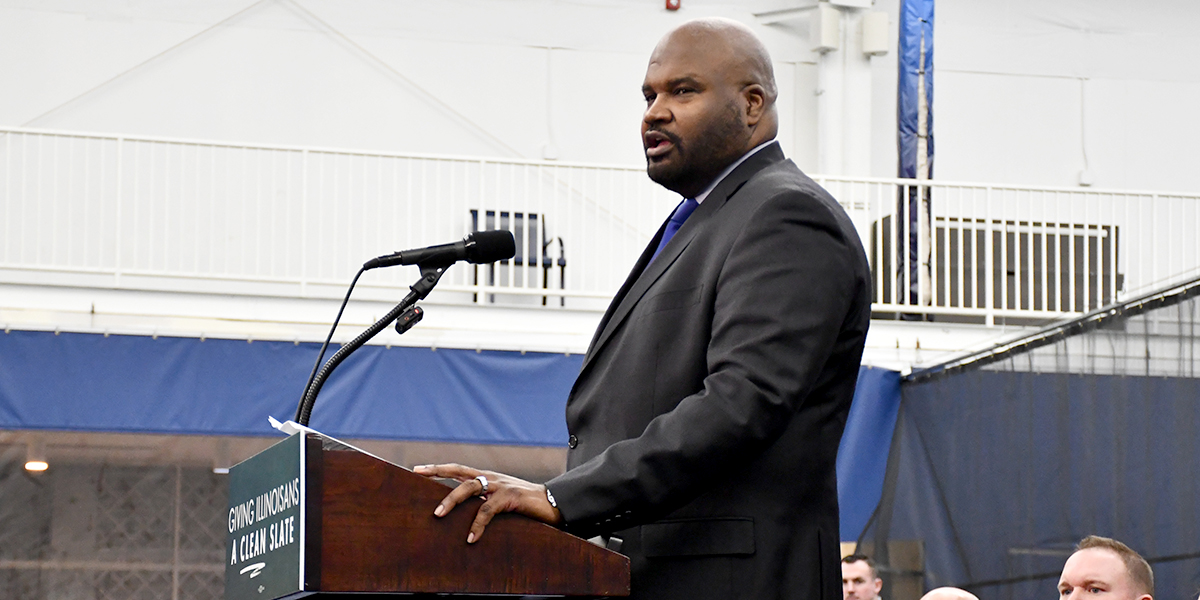
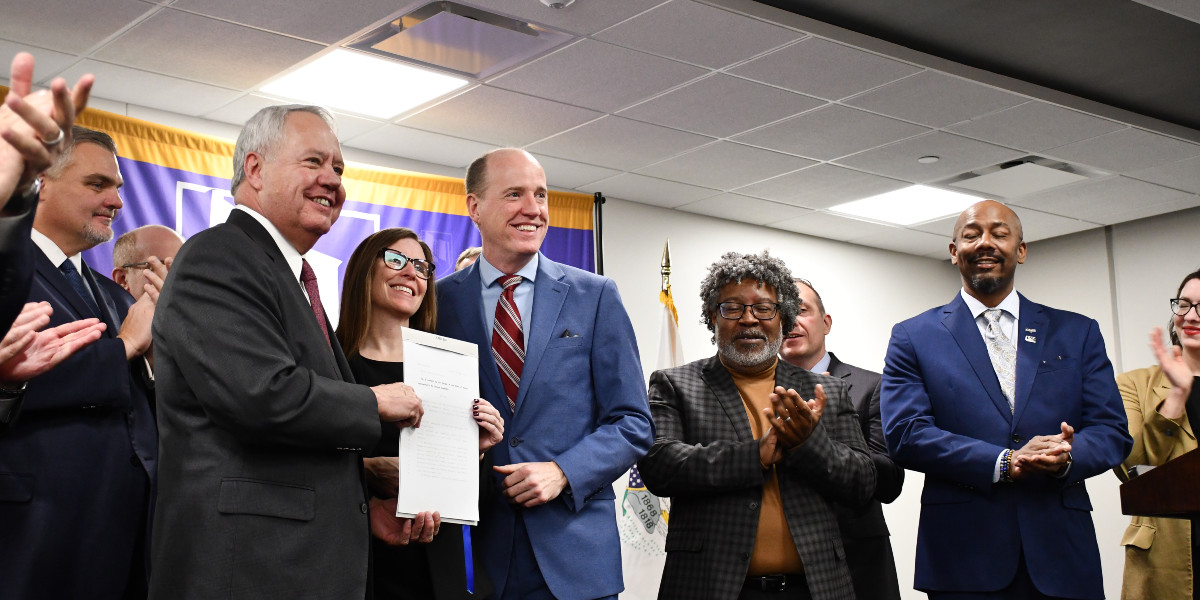

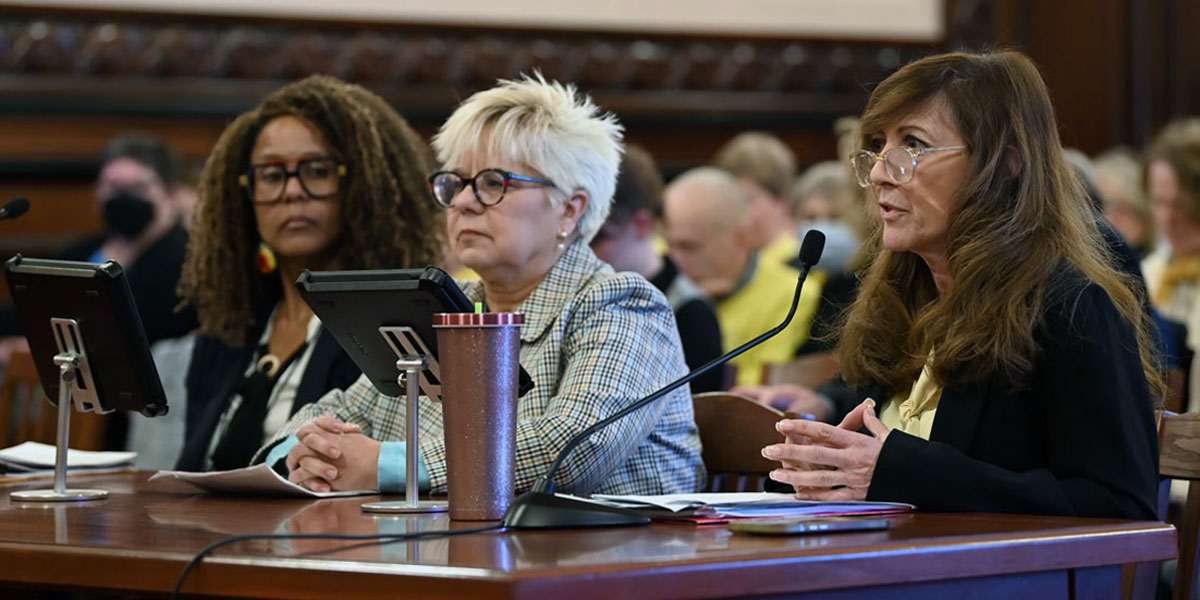


















 © 2026 Illinois Senate Democratic Caucus
© 2026 Illinois Senate Democratic Caucus